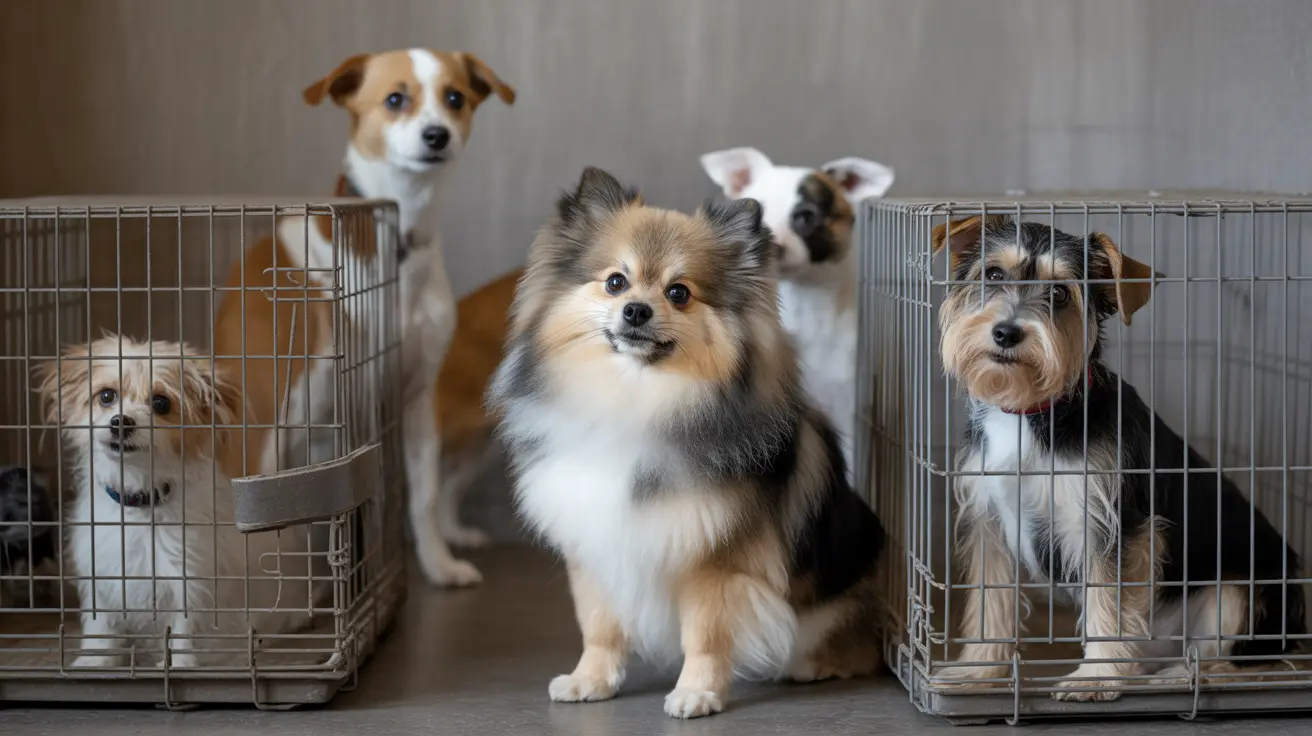Animal Shelter Care Standards Under Scrutiny
The investigation revealed multiple failures in basic animal care requirements, including:
- Unsanitary kennel conditions with accumulated waste
- Inadequate veterinary attention
- Insufficient grooming practices
- Inappropriate housing arrangements
- Improper handling of deceased animals
Municipal Animal Shelter Reform Initiatives
In response to these findings, Cheshire officials have committed to implementing comprehensive reforms to prevent future incidents. These changes focus on improving facility conditions and establishing stronger oversight mechanisms to ensure proper animal care.
Connecticut Animal Welfare Laws and Enforcement
The case has drawn attention to the broader framework of animal protection in Connecticut. While state law provides clear guidelines for animal care and criminalizes neglect, the investigation has revealed potential gaps in enforcement and oversight at the municipal level.
Improving Animal Shelter Facilities
The town has outlined several key improvements to address the identified issues:
- Enlarging animal enclosures
- Implementing enhanced supervision protocols
- Updating animal care policies
- Establishing regular inspection schedules
- Improving staff training requirements
Best Practices for Animal Control Facilities
Moving forward, the incident has highlighted several crucial elements for maintaining proper animal control facilities:
- Regular sanitation and maintenance schedules
- Comprehensive veterinary care protocols
- Proper documentation of animal care
- Clear communication channels with the community
- Independent oversight mechanisms
Town Animal Shelter Accountability
The Cheshire case serves as a reminder of the importance of transparency and accountability in municipal animal care facilities. Regular audits, community involvement, and clear reporting structures are essential for maintaining appropriate care standards.
Frequently Asked Questions
What triggered the Cheshire Animal Control investigation?
The investigation was initiated after multiple complaints were filed, particularly following a 2022 incident involving 28 neglected dogs. Concerns about facility conditions and animal care practices prompted official review.
How did the facility fail to meet required care standards?
The investigation uncovered multiple violations, including unsanitary kennels with waste accumulation, insufficient veterinary care, poor grooming practices, and improper animal housing conditions. There were also instances of improper handling of deceased animals.
What reforms has Cheshire implemented in response?
The town has taken several corrective actions, including accepting responsibility for the failures, replacing the resigned animal control officer, enlarging enclosures, improving supervision protocols, and updating animal care policies.
The Cheshire animal control investigation serves as a crucial reminder of the responsibility municipalities bear in maintaining proper animal care facilities. While this case revealed significant shortcomings, it has also created an opportunity for meaningful reform and improvement in municipal animal shelter operations.






